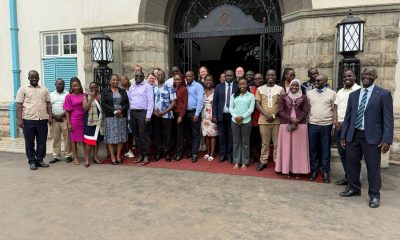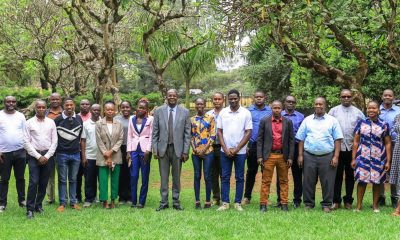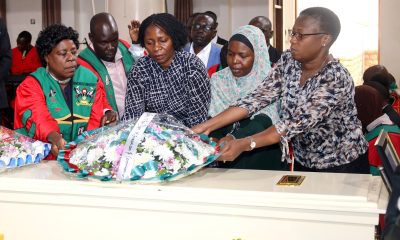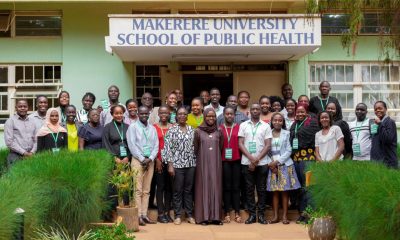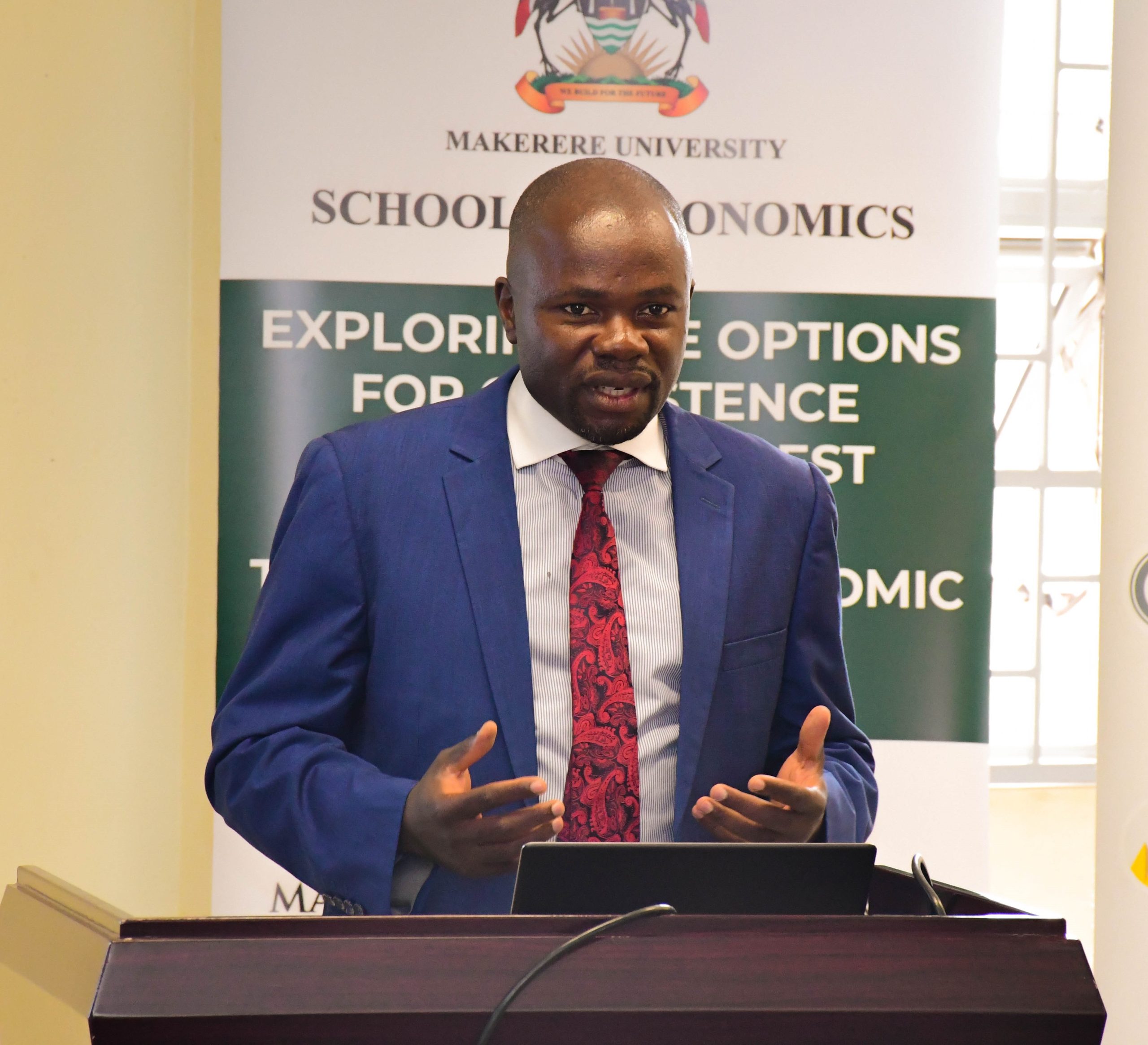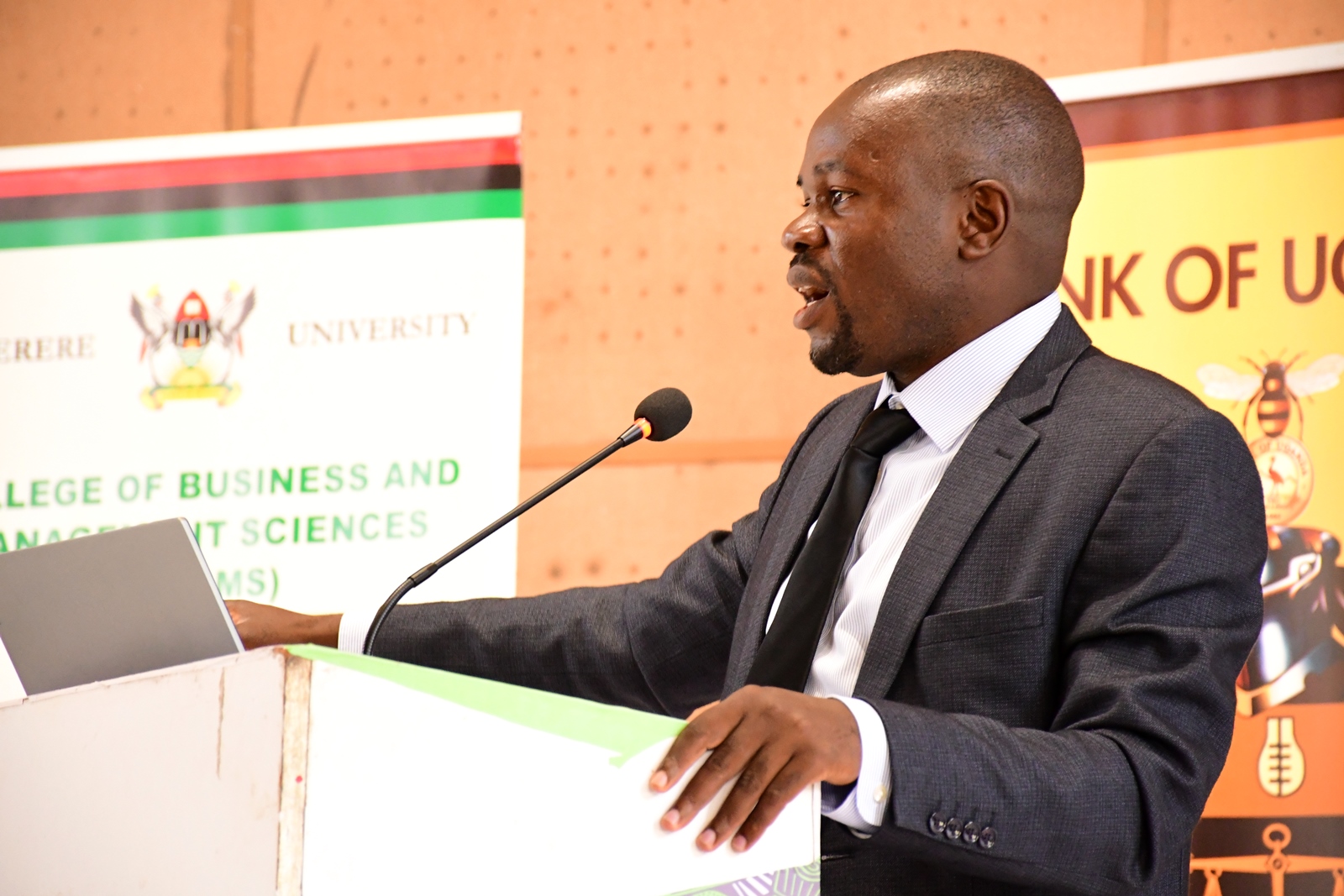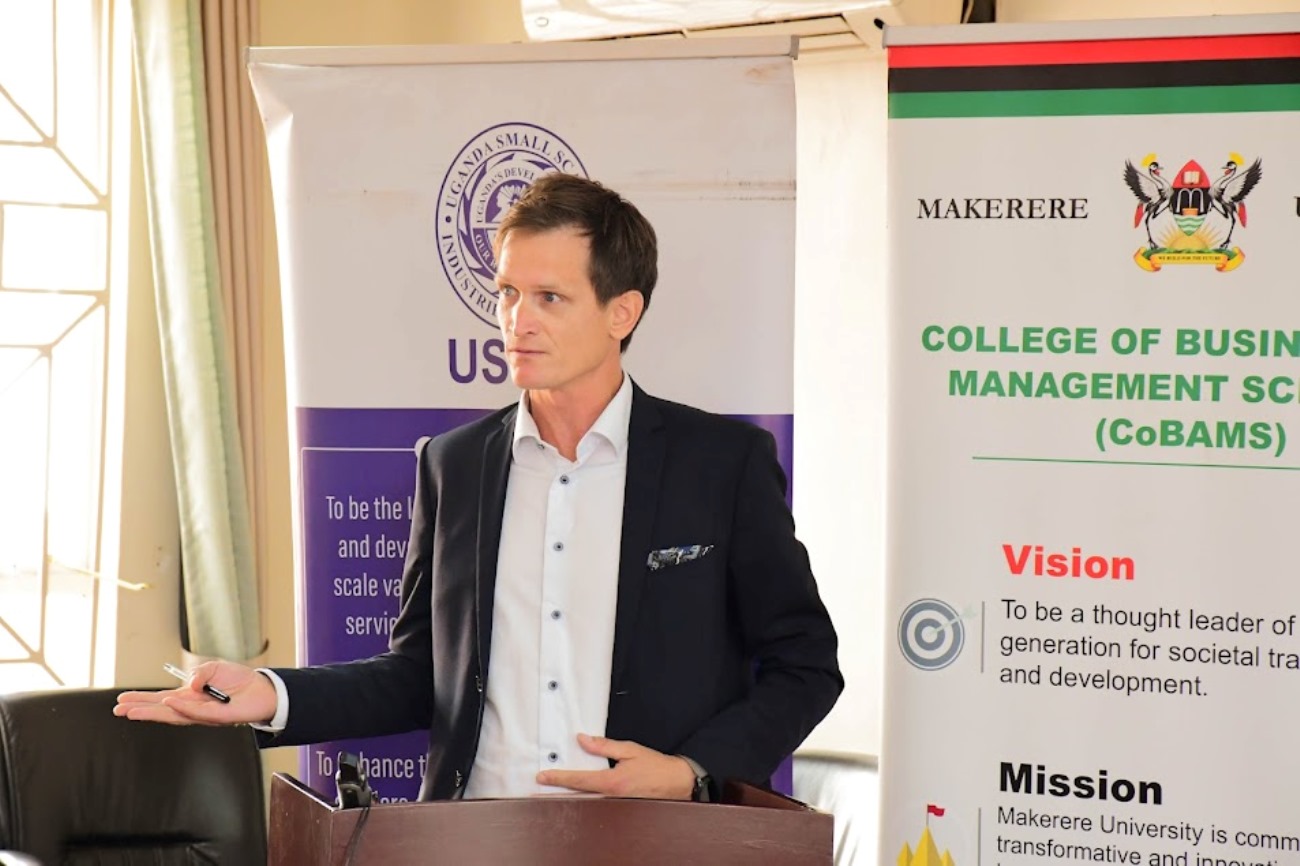By Conan Businge
The NUFU provided immense support to Makerere University in infrastructural development, graduate scholarships, and research funding.
KAMPALA – On any day, for any news bulletin or any newspaper publication in Uganda, a student from Makerere University is most likely involved.
This reality is partly just because the university is one of the longest-serving journalism training institutions in the country, having over three decades of history in Uganda’s education system.
The country’s oldest university, Makerere University, started a Mass Communication course in 1988 to professionalize journalism and communication.
The Department has grown in the last three decades from a handful of lecturers with Bachelors and Masters degrees; to ones with Doctors of Philosophy (PhD) and Professors; working as lecturers in this Department; thanks to initiatives such as the Norwegian Programme for Capacity Development in Higher Education and Research for Development (NORHED).
Other support came previously to Makerere University through the Norwegian Programme for Development, Research and Education (NUFU) that run from 1991 to 2012.
The NUFU provided immense support to Makerere University in infrastructural development, graduate scholarships, and research funding.
NUFU was phased out and replaced in 2013 with the Norwegian Programme for Capacity Development in Higher Education and Research for Development (NORHED).
Alongside NORHED, however, several other academic institutions can also benefit from others, such as the Norwegian Partnership Programme for Global Academic Cooperation (NORPART) and the NORAD Master Studies Programme (NOMA).
The former head of Makerere University‘s Department of Journalism and Communication, Dr. William Tayeebwa says that after 33 years, ‘Journalism and Communication’ is now a separate department offering Ugandans the chance to develop their print, broadcasting, photography, communication, and public relations talents.
Dr. Tayeebwa has also been for six years the Principal Investigator and overall coordinator of the NORHED project.
‘This is a culmination of the university and other projects’ investment in journalism education and training, in this institution in the last two decades,’ remarks the university’s Deputy Vice-Chancellor for academic affairs, Assoc. Prof. Umar Kakumba.
‘It has been through the great support of Government and foreign funders like the Government of the Royal Kingdom of Norway.’
In 2004, the Department started a Master’s programme in Journalism and Communication, and this answered the need for an advanced journalism degree, and non-journalists have also applied to this course, as the course would equip them with the right skills and qualifications needed at work.
The department was the first establishment, to offer a degree programme in Mass Communication in East Africa.
For years, the Government of the Royal Kingdom of Norway provided millions of dollars in bilateral support to countries in the global south, including Uganda.
Read more
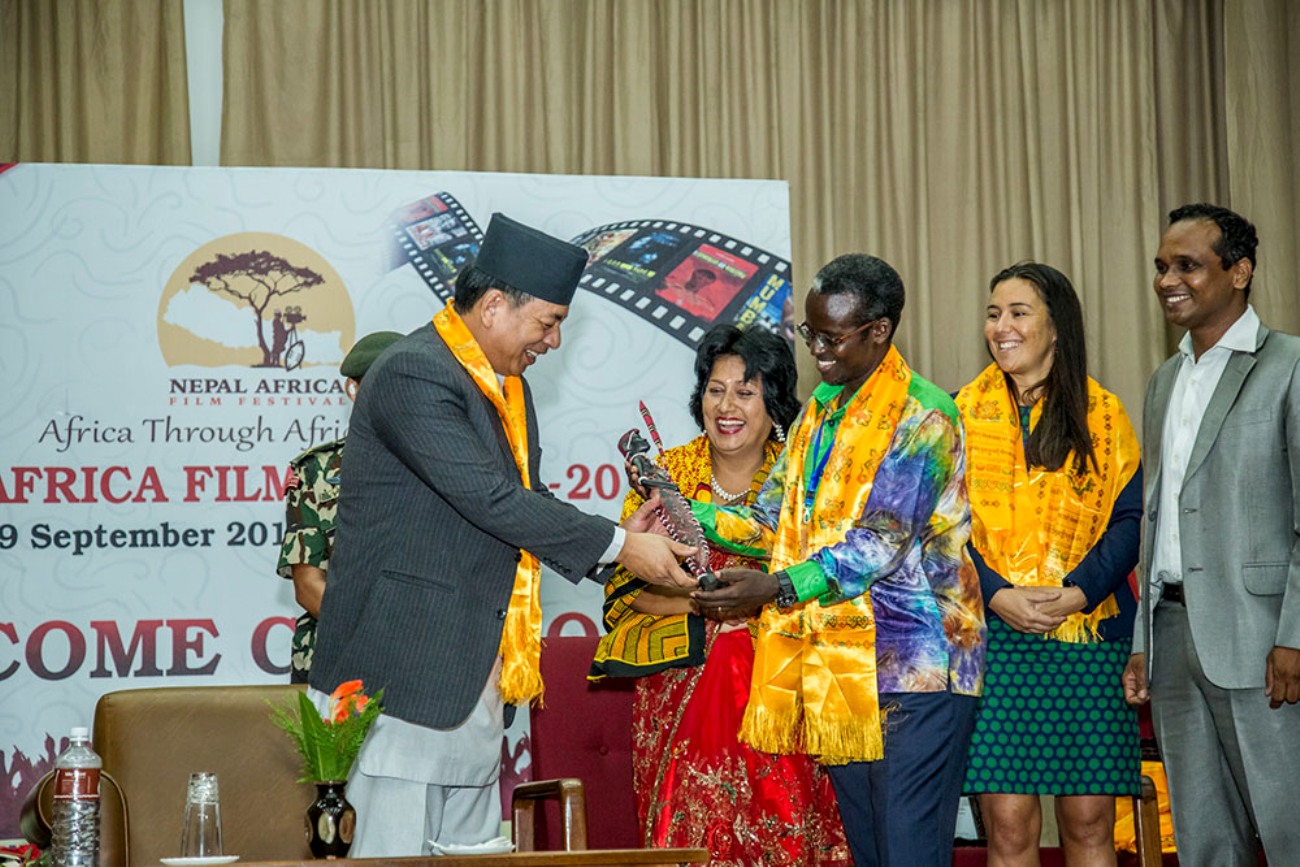

 General1 week ago
General1 week ago
 Natural Sciences1 week ago
Natural Sciences1 week ago
 Agriculture & Environment1 week ago
Agriculture & Environment1 week ago
 Health2 weeks ago
Health2 weeks ago
 Health1 week ago
Health1 week ago
